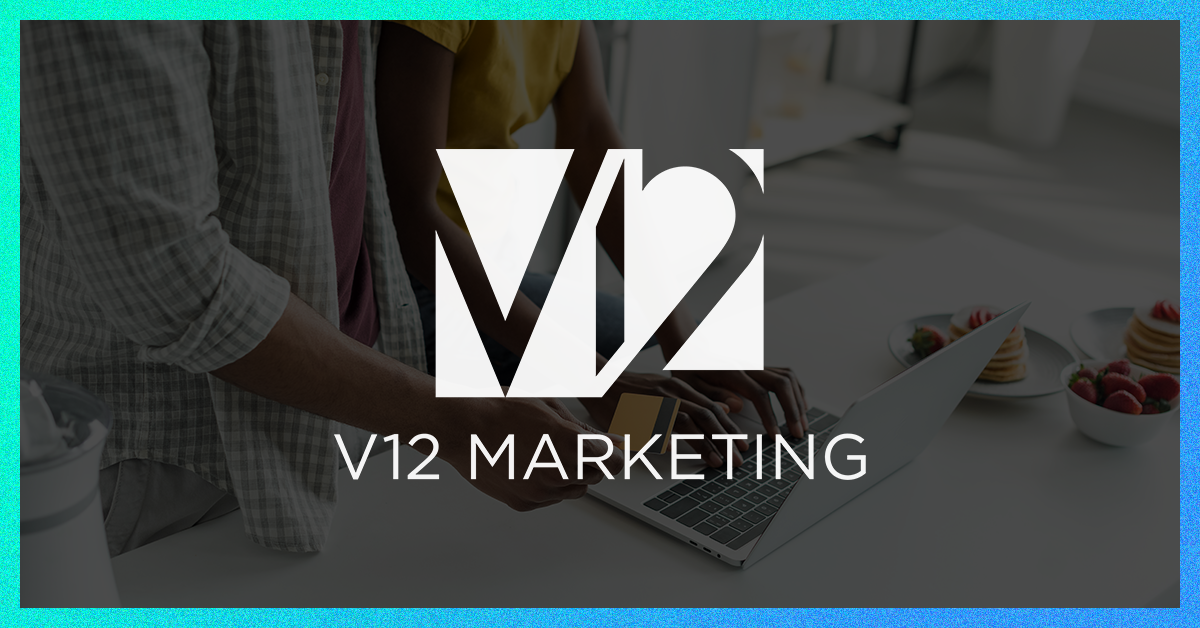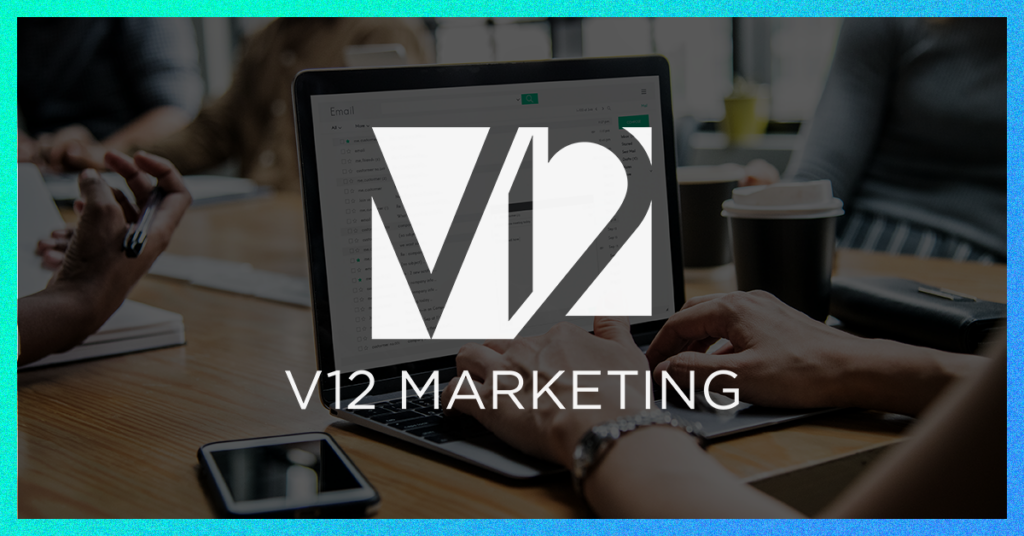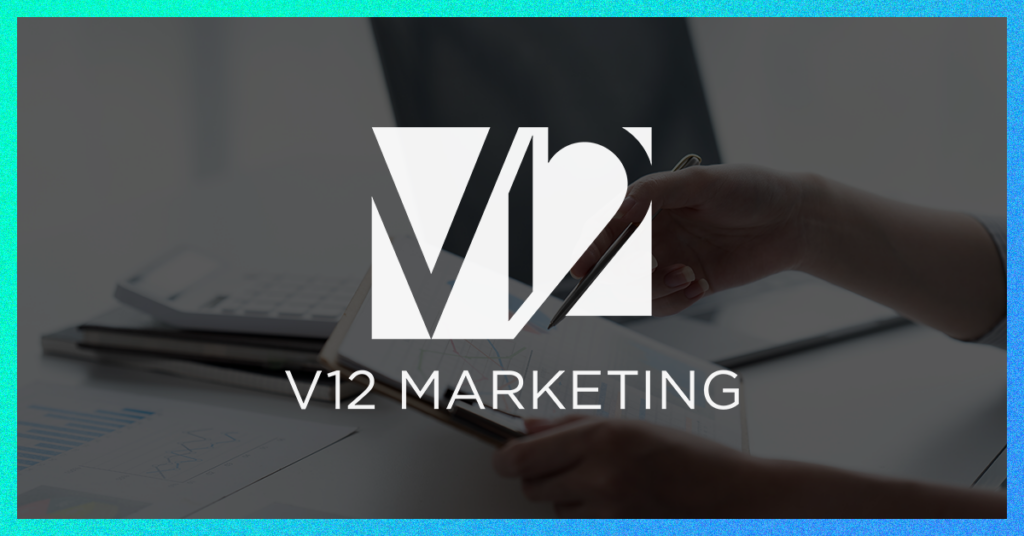
Understanding and utilizing the power of a marketing funnel is essential for facilitating effective customer journeys and accomplishing business goals in the changing world of marketing. From initial awareness to final conversion, a marketing funnel acts as a strategic structure to lead potential clients through several stages.
We will discuss the idea of a marketing funnel, its numerous stages, and why it is advantageous for organizations in this extensive tutorial. To further demonstrate how a well-designed marketing funnel can optimize conversions and support business growth, we will also go into particular use case scenarios.
What Makes a Marketing Funnel Work? 🤔
The four key stages of a marketing funnel are typically Awareness, Interest, Consideration, and Conversion. Taking a closer look at each stage
a. Awareness:
The goal is to build brand recognition and draw in potential customers at the top of the funnel. At this point, content marketing, social media campaigns, search engine optimization (SEO), and targeted advertising are all effective tactics. For instance, to raise exposure among fitness fans, a brand of activewear might leverage content marketing and Instagram influencers.
b. Interest:
It’s critical to pique and maintain potential customers’ interest once they are aware of your brand. To keep potential consumers interested and further educate them about your goods or services, use engaging content, lead magnets, email marketing, and webinars. For the purpose of attracting the attention of business people, a software provider can provide a free ebook on productivity advice.
c. Consideration:
Potential clients are actively weighing several possibilities during the consideration stage. Giving customers comprehensive product details, client references, case studies, and tailored demonstrations may persuade them to choose your brand over rivals. A SaaS provider might, for instance, display a comparison table on their website to aid visitors in assessing the characteristics of their product.
d. Conversion:
Converting potential consumers into paying customers is the ultimate objective of a marketing funnel. A smooth user experience, appealing offers, and unambiguous calls to action are necessary for this stage. Free trials, temporary discounts, or easy checkout procedures are a few examples of conversion strategies. To encourage conversion, an online merchant can provide a discount for first-time customers.
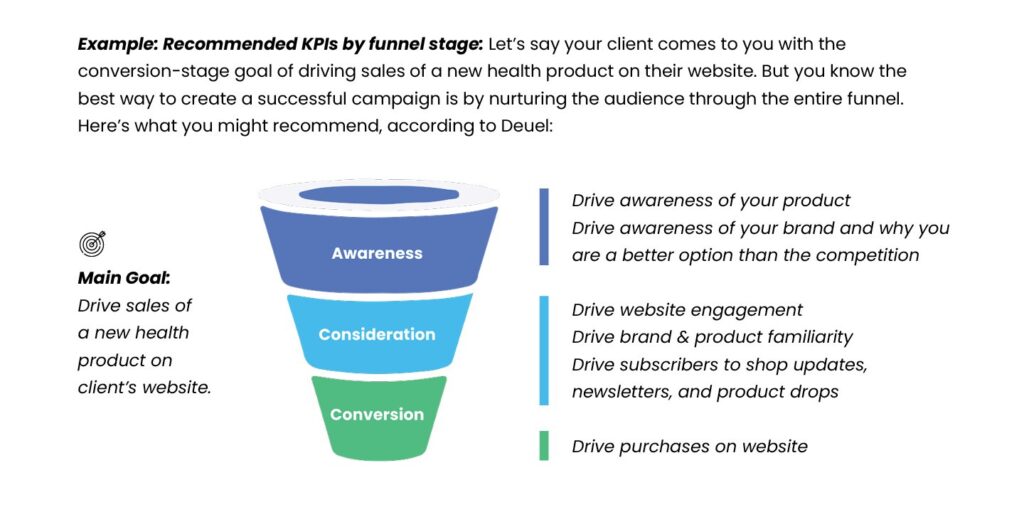
The advantages of using a marketing funnel 📈
A well-designed marketing funnel has the following advantages for businesses:
a. Customer Journey Simplified:
In order to help potential customers through each step of the decision-making process, a marketing funnel offers a clear path. Businesses can improve the consumer experience by providing tailored messages and pertinent content by coordinating their marketing initiatives with particular stages.
b. Enhancing Conversion Rates:
Businesses may increase conversion rates by identifying and resolving possible customer pain points at each stage. A carefully designed marketing funnel enables tactical interventions to dispel doubts, offer assurances, and foster confidence, ultimately raising the possibility of conversion.
c. Improvements in customer segmentation:
Businesses can divide their audience into groups according to where each client is in the buying process by tracking the progress of potential consumers through the funnel. This segmentation makes it possible to customize and tailor marketing initiatives, which raise engagement and boost conversion rates.
d. Making Decisions Based on Data:
Marketing funnels offer insightful data on each level of customer activity and engagement metrics. Businesses can detect bottlenecks, make data-driven decisions, and improve marketing strategies to achieve better results by studying these KPIs.
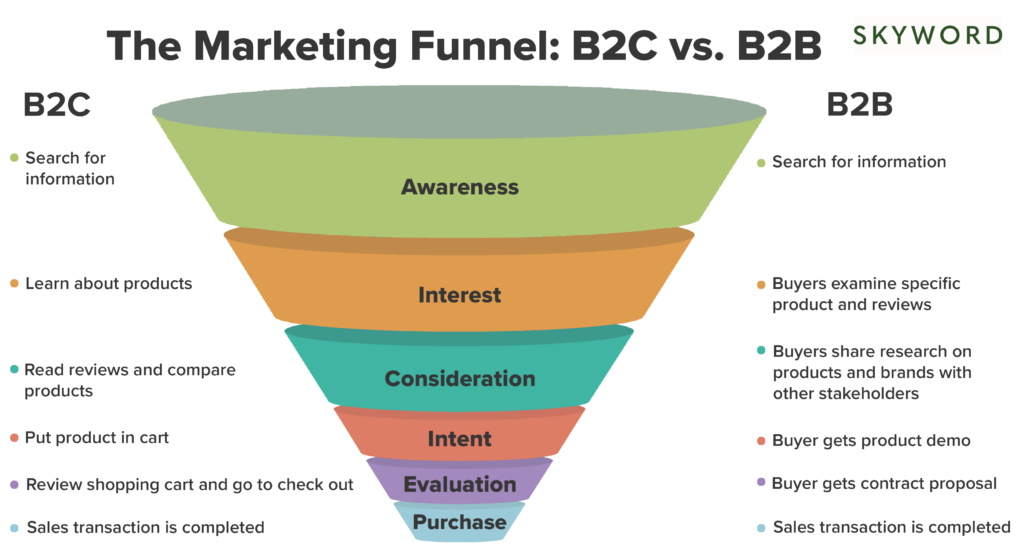
Use Case Illustrations ✍️
a. E-commerce:
To increase online sales, a clothes shop uses a marketing funnel. In order to increase conversions, they employ social media and content marketing to raise brand recognition, personalize discounts or exclusive offers to pique interest, present thorough product descriptions and user reviews to encourage consideration and streamline the checkout process.
b. B2B Software:
To draw in and convert new clients, a software company uses a marketing funnel. They use content marketing to inform their target audience, provide free demos or trials to pique interest, present case studies and testimonials to establish credibility during consideration and provide tailored onboarding support to ensure a simple conversion process.
c. Service-Based Business:
To develop leads and acquire customers, a digital marketing agency use a marketing funnel. To raise awareness, they employ targeted advertising and SEO. To pique interest, they provide worthwhile lead magnets like marketing guides or templates. To address particular client needs during consideration, they offer individualized consultations. Finally, to encourage conversions, they present alluring packages or retainer agreements.
A marketing funnel directs potential clients through the stages of awareness, interest, consideration, and conversion by acting as a road map for firms. Businesses can shorten the customer journey, improve conversion rates, improve customer segmentation, and make data-driven choices by carefully aligning marketing activities with each stage.
A well-designed marketing funnel is a potent instrument for increasing conversions, propelling business growth, and cultivating strong customer relationships, as is made clear with the aid of concrete use case examples. Adopt the marketing funnel framework to revamp your promotional tactics and take your company to new heights.

